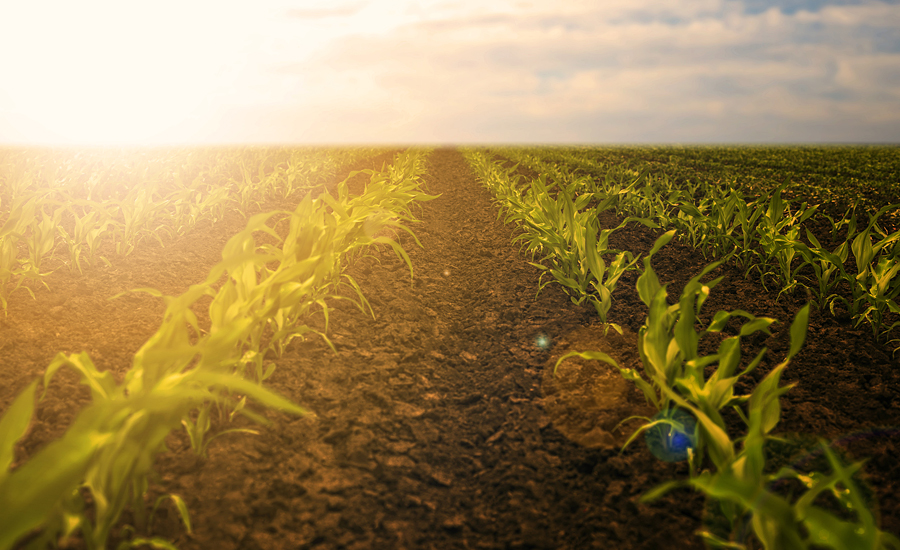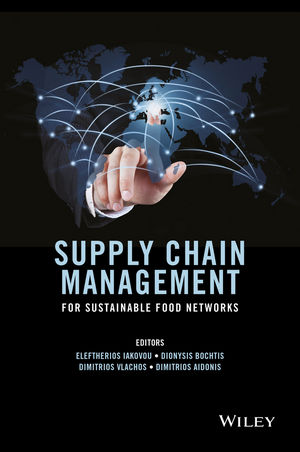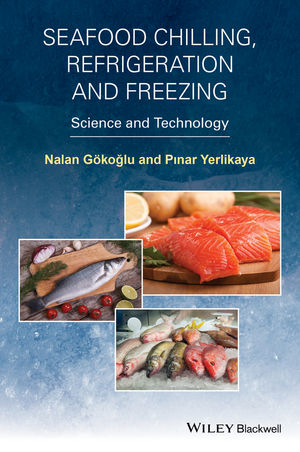Study: France most sustainable country
France is the most sustainable country, showing high scores across nutritional challenges, sustainable agriculture and food loss and waste.

France is the top high-income country in the 2018 Food Sustainability Index (FSI), which ranks 67 countries according to their food system sustainability. These countries represent over 90% of global GDP and over four-fifths of the global population. The FSI was developed by The Economist Intelligence Unit with the Barilla Center for Food & Nutrition Foundation (BCFN), Italy, as part of a research program commissioned by BCFN. The FSI’s 2018 edition focuses particularly on best practices in food sustainability that help to reach sustainable development goals.
According to the report, France is the most sustainable country, showing high scores across the FSI's three pillars—nutritional challenges, sustainable agriculture and food loss and waste. Its performance is particularly strong in the food loss and waste category. In a world where a third of all food produced globally is either lost or discarded, according to estimates from the UN's Food and Agriculture Organization, France has been in the vanguard of policies and measures to reduce such losses via best practice legislation requiring supermarkets to redistribute leftover food to charities serving poor communities.
Rwanda is the top performer among low-income countries, with solid performances across the FSI's three pillars. For example, the country’s dietary patterns, characterized by diets that are comparatively low in sugar, meat, saturated fat and sodium, support the country’s high ranking in the nutritional challenges pillar. While malnourishment remains a problem (the country is in the bottom half among low-income countries), it is the best-performing country from sub-Saharan Africa in terms of micronutrient deficiency. Rwanda also received high marks for sustainable agricultural practices, such as the sustainability of water withdrawals. This is crucial because agriculture is responsible for 70% of global freshwater withdrawals. Moreover, Rwanda has one of the lowest levels of food waste per head.
Thanks in particular to a strong showing in sustainable agriculture and nutritional challenges, Colombia is the leading middle-income country in the FSI. Sustainable agriculture, such as water management and conservation, is a particular strength of the country.
“Sustainable food systems are vital for achieving the SDGs by 2030,” says Martin Koehring, managing editor at The Economist Intelligence Unit. “There are strong connections between the SDGs and the three core dimensions of food systems—economic, social and environmental. Our research allows for comparison between countries and food system indicators and highlights best practices that food system stakeholders, including policymakers, civil society organizations, the private sector, academia and research and the media, can use to design roadmaps toward more sustainable food systems and ultimately the SDGs.”
Looking for a reprint of this article?
From high-res PDFs to custom plaques, order your copy today!








